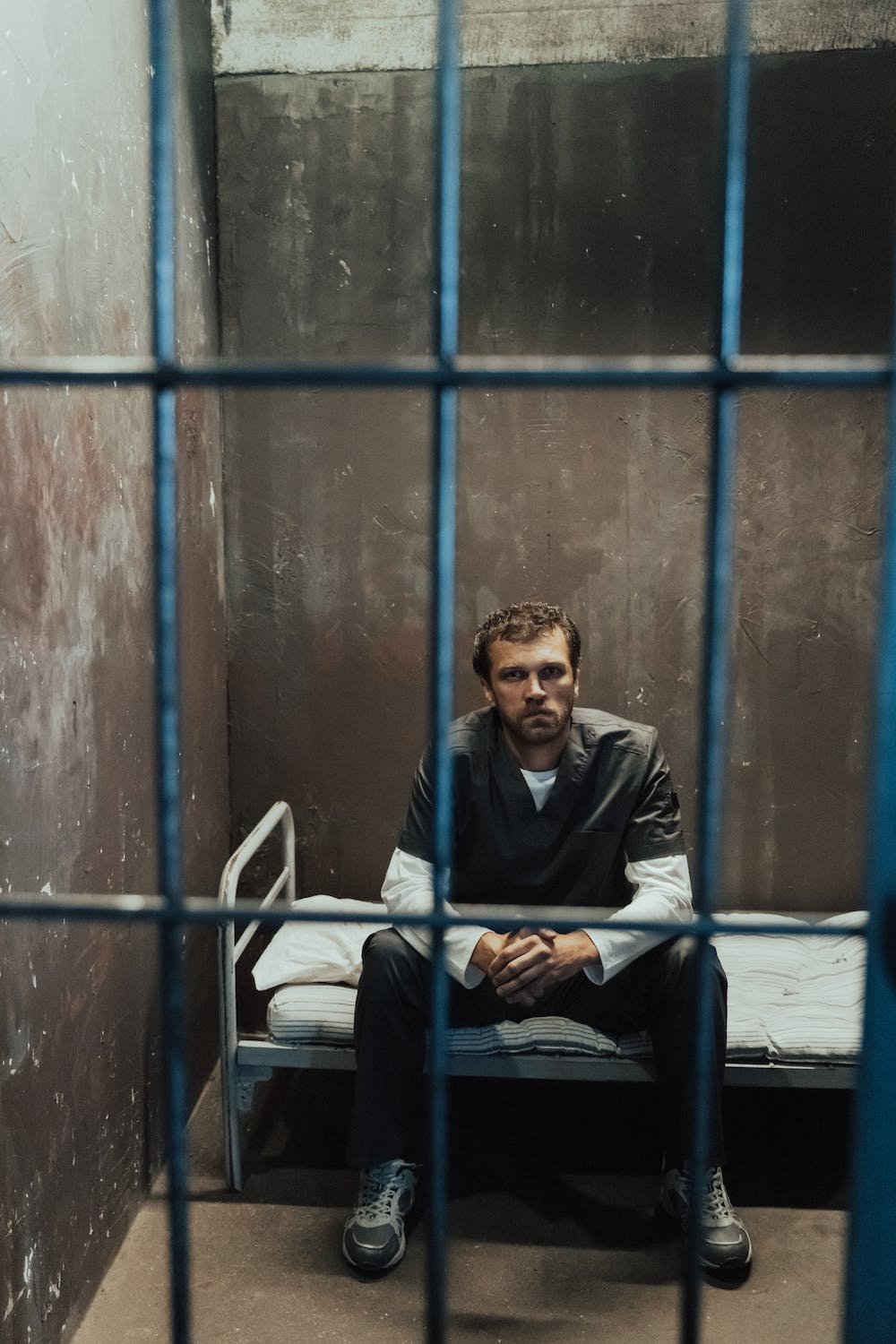A Writer's Clemency
We’ve all read stories we like and stories we absolutely don’t like. Sometimes we close a book we’re not enjoying and think nothing else of it; our attention is already scanning the horizon for a story that would interest us more. We want a voice that feels both familiar and new, a conflict that seems real and meaningful, characters that are relatable. It’s so comfortable and effortless to read a story we like. You just want more and more and more, and what could be better than that?
Other times, however, we encounter a story we don’t like, and simply putting it down and finding another won’t suffice. Perhaps we tried to like it, stuck with it through scenes and descriptions and dialogue that kept bothering us, that kept feeling contrived or boring, and yet we read on. That’s an uncomfortable experience. We never like to feel uncomfortable, and so it’s very tempting to assign some blame for our suffering, mild as it may be, and the author seems like a reasonable target of our investigation: a criminal guilty of bad writing.
We have our evidence. That clunky sentence, that predictable conflict, that scene that could have ended three paragraphs ago, that character’s murky motivation. What was the author thinking? Were they even thinking? How could a person do this? Guilty, guilty, guilty. We must recognize and punish these crimes – these sins – lest they be repeated again and again in society. We shall place the author into the prison cell of the Bad Writer, an example for us all of what not to do.
The problem is that if we are writers ourselves, then none of us want to be in the cell. None of us ever want to stand as an example of how not to write, want to commit a crime for which there is no forgiveness. And yet we’ve determined such a felony exists, and how can we not write from that moment forward with the fear we might – accidentally, mind you – stumble and put to page something less than good. Should we do so, we will be revealed for what we are, our true, untalented, shameful nature revealed.
I have acted as judge, jury, and, depending on the circumstance, criminal in this very trial. No good came of it. It did not make me better writer, only a more anxious one. The only solution is to forgive. Forgive every author for writing something I don’t like, offer them all clemency and set them free – free to write whatever pleases them, free to pursue their lives and their stories, so that I might do the same.
If you like the ideas and perspectives expressed here, feel free to contact me about individual coaching and group workshops.
Everyone Has What It Takes: A Writer’s Guide to the End of Self-Doubt
You can find William at: williamkenower.com


